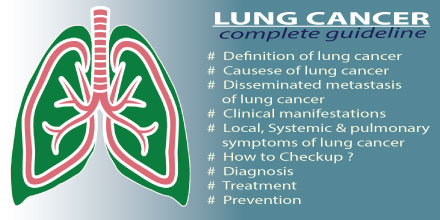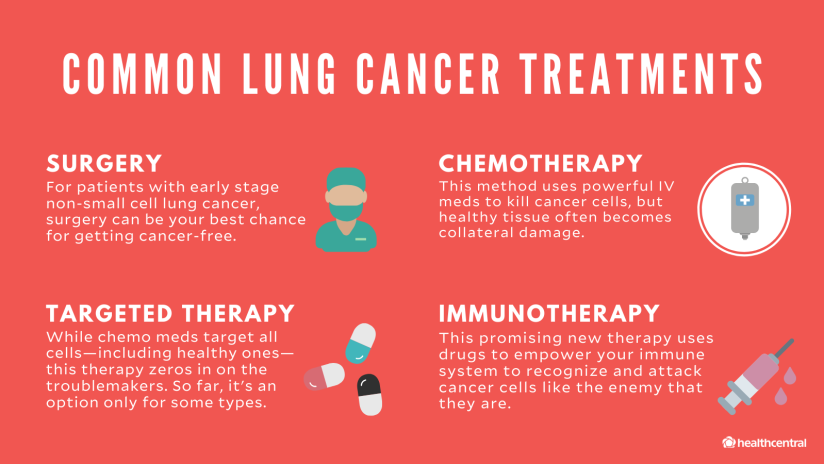
The first thing you need to know about lung cancer is that there is no single treatment for the disease. Fortunately, there are several treatments available. The type of treatment you get will depend on your specific cancer and its factor. Chemotherapy is the most popular form of cancer treatment, and it’s designed to kill off the cancerous cells and lower your chances of dying. Your doctor will administer it, using a combination of drugs to help you fight the disease.
The most common type of chemotherapy is given through a catheter placed in a large vein. The patient will undergo four to six cycles of the treatment. After the first cycle is completed, he or she will have to see a doctor again to determine whether additional treatment is necessary. In some cases, the doctor will prescribe a different form of chemotherapy to treat the condition or a different treatment altogether. In other cases, patients may need maintenance chemotherapy. Regardless of the type of chemotherapy, you will be given a combination of medicines to treat your cancer. Typically, the drugs will be delivered intravenously through a tube in the chest. Others will be given pills.
In most cases, the first option for treating lung cancer is surgery. This procedure is the most common way to remove the cancerous growth from the lung. Surgical resection is a common treatment for lung cancer. When cancer has not spread beyond the lung, surgery is used to remove it. Your surgeon may also check your lymph nodes for cancer. This treatment may have a number of side effects, but it’s still a viable option.
Another option for treating lung cancer is chemotherapy. In this approach, drugs that target the tumor’s function are administered directly or through a catheter. The catheter is inserted into a large vein and remains there until the cancer is cured. Other drugs, such as cetuximab, can be taken orally. There are also a variety of drugs that are targeted specifically at cancer cells. If you’re a woman with lung cancer, a combination of chemotherapy may be right for you.
In addition to chemotherapy, other treatments are available. For instance, stereotactic body radiotherapy is an option if your lung cancer has spread to your brain. While chemotherapy is the standard of care, it can cause severe side effects. For this reason, it’s crucial to seek medical treatment as soon as possible. You may need to undergo several treatments to find the right treatment. In some cases, however, one or two drugs are recommended.
After diagnosis, your doctor will decide on the appropriate treatment. Usually, you’ll need to undergo 4 to 6 cycles of chemotherapy over three to six months. Once you’ve completed the treatment, you’ll need to see a doctor for a follow-up visit. During this time, you may need to continue chemotherapy, but if you’ve been diagnosed with lung cancer in the past, you should consult with a medical professional.

In addition to chemotherapy, your doctor may prescribe anticancer drugs before and after surgery. These medications may help to shrink the tumor so that it can be removed easier.
When these treatments don’t work, you may want to consider palliative care. In some cases, you may refuse treatment altogether. These drugs will only make your symptoms worse. If you are already suffering from lung cancer, you have many options. You can choose between surgery and chemotherapy, or go for palliative care.
Surgical resection is a common treatment for lung cancer. This is a surgical procedure in which cancerous tissue is removed from the lung. In some cases, this may be the first or second stage of treatment. During the operation, your surgeon will also remove the lymph nodes in this area. Depending on the stage of the disease, you may be offered surgery. Some people believe that this exposes the tumor to the air. But this doesn’t actually happen because lung cancer can spread through the air.
After lung surgery, you should continue physical therapy to improve your strength and fitness. Light exercise is essential if you have lung cancer. You can swim and swim if you feel safe. During this time, you should discuss with your care team or visiting แหล่งนี้
what activities are right for you. The operation itself can cause complications. For example, if you have previously had surgery for lung cancer, you may need more procedures.
Leave a Reply